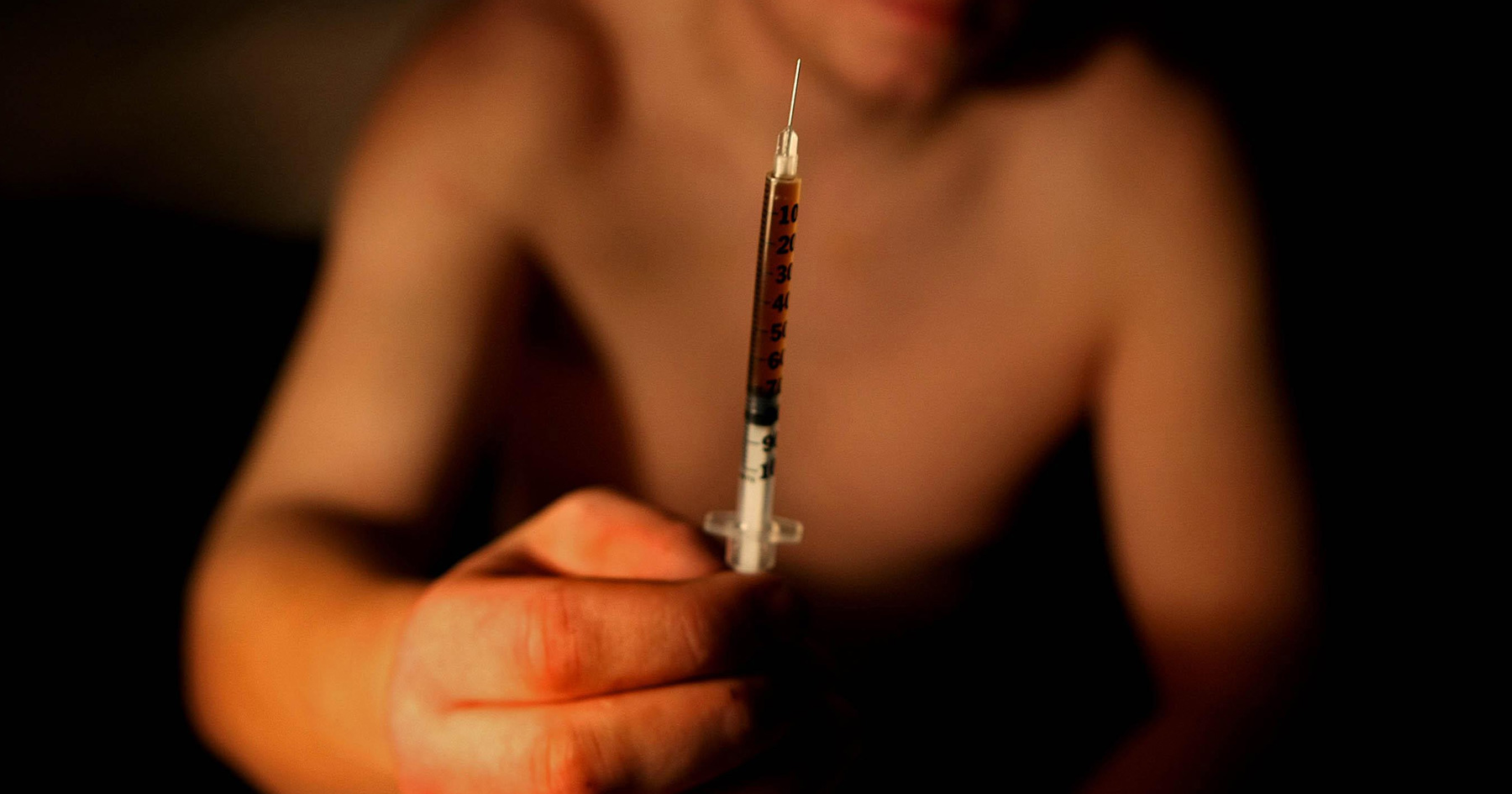Drug Use Is Not a Crime in This One Country
By:
Entrepreneur and drug policy reform activist Richard Branson recently leaked a United Nations paper calling for decriminalizing drug use. The paper argued that treating personal drug use as a crime “contributed to public health problems and induced negative consequences for safety, security, and human rights.”
RELATED: Richard Branson is Pushing for Drug Decriminalization
The news made international waves, especially after the U.N. — bowing to the objections of a mysterious force (very likely one of the stars and stripes variety) — retracted the statement. This backtracking and censorship is unnerving. But the paper does represent a significant shift and the mainstreaming of a policy once considered radical that is now embraced by major human rights organizations and public health officials.
Nearly two dozen countries — including parts of the United States — have taken steps towards decriminalization by removing criminal penalties for low-level possession of some or all drugs. Most recently, the Irish government took steps to remove criminal penalties for marijuana, cocaine, and heroin use to reduce their stigma and to encourage users to access health and treatment services.
But the policy is perhaps most successfully modeled in Portugal, a country that decriminalized the use and low-level possession of all drugs nearly 15 years ago.
RELATED: How Portugal Brilliantly Ended its War on Drugs
I visited Portugal last summer and met with local officials in charge of administering and monitoring the decriminalization policy. What struck me was how politically and socially uncontroversial it is. You don’t see politicians picking it apart to score points against their opposition. No one is really making that big of a deal of it. It’s become a part of regular life: Drug use is a health concern. Period.
Portugal doesn’t have the same outrageous levels of incarceration that we do in the U.S. Rather, the country was motivated by a public health disaster related to heroin use: The alarming growth in overdoses, HIV/AIDS, and hepatitis from injection drug use. That experience is relevant to the U.S. as well.
 Julien Behal/PA Wire - apimages.com
Julien Behal/PA Wire - apimages.com
By 1999, Portugal had the highest rate of drug-related AIDS in the European Union and the second-highest rate of HIV among people who inject drugs. Drug-related deaths had increased 57 percent since 1997. Despite increasing law enforcement, heroin addiction persisted as a major public health and safety issue. So how did the Portuguese decide to decriminalize drug use instead of continue to threaten drug users with prison and coercion? In short, they chose science and compassion over brute force.
Health problems related to drug use transcend social class. In Portugal, with just over 10 million people, the issue hits home for everyone. Policymakers were forced to contend with the question: “Would I want my loved one in prison for drug use, or would I prefer benefiting from support to maintain their health and well-being?” That is probably the best starting point for any public policy: What would I want for myself or my family?
Portugal went in the direction of medicine and science. The country chose a drug czar who was a family doctor from a region of the country with rampant opiate and injection drug use problems. He pulled together a panel of scientists and health professionals to craft a series of policy recommendations.
The group proposed moving the drug use issue out of the criminal justice system and under the national department of health. Who better to address a health issue? Judges and police protect public safety, but they are not experts in medicine or chemical dependency. It seems obvious, but this represented a profound shift in thinking for a nation’s drug policy.
As Portugal enters its 15th year of decriminalization, the most remarkable part of this transformation is how unremarkable it has become.
Drug use rates have mostly remained flat. In the case of adolescents, drug use rates have actually decreased and are much lower than those in the U.S. Arrests have gone down, as have overdose, HIV/AIDS, and hepatitis rates. Meanwhile, the number of people entering voluntary treatment has increased by 60 percent.
In America, mass incarceration has gone from being a dirty secret to an embarrassing truth, acknowledged by public figures across the political spectrum. Our prison population explosion results from a pattern of thinking about drug use that prioritizes the denial of liberty and the threat of punishment over science and public health. We would be well served by following Portugal's lead.
Sharda Sekaran is the managing director of communications for the Drug Policy Alliance.
